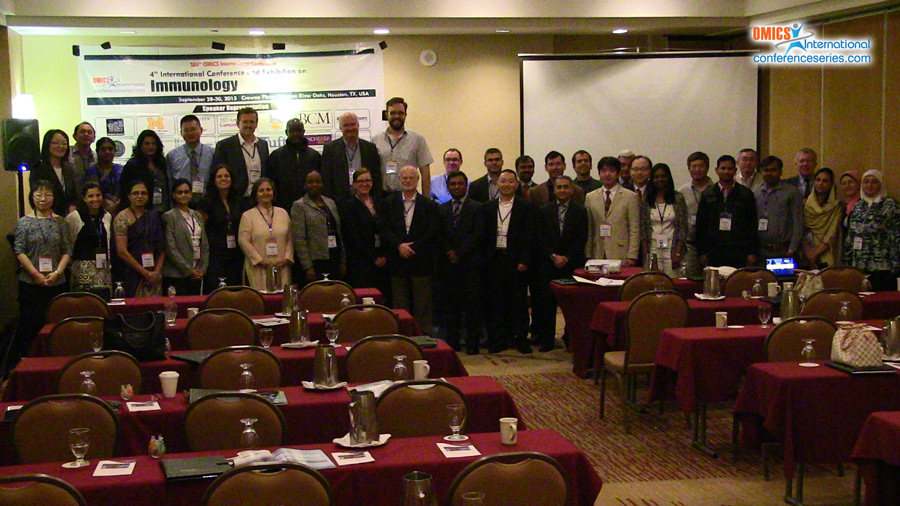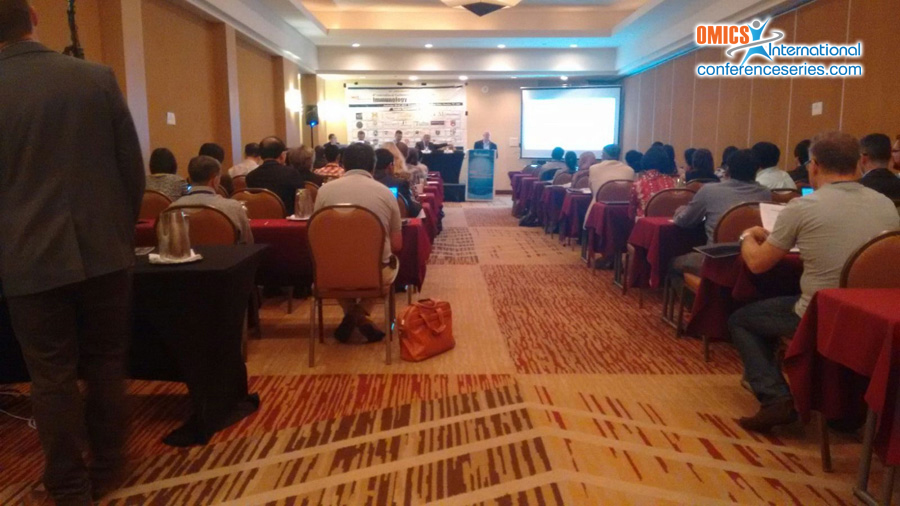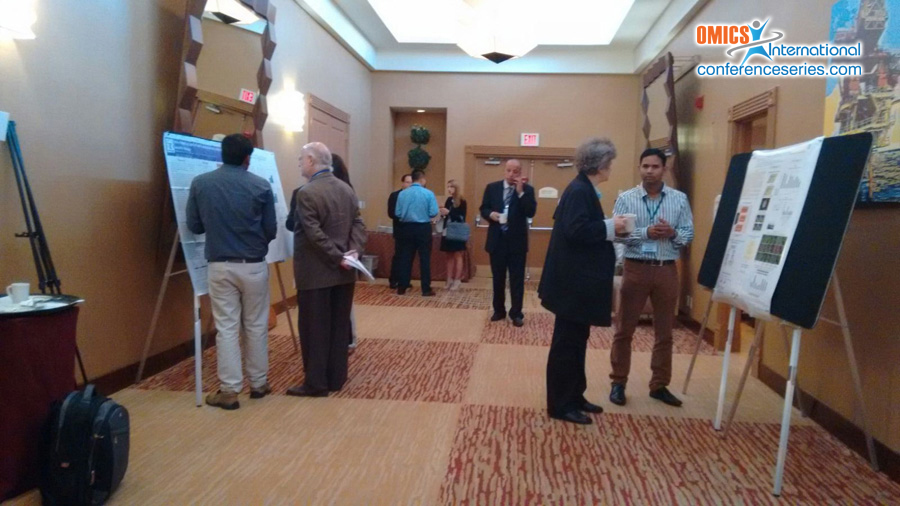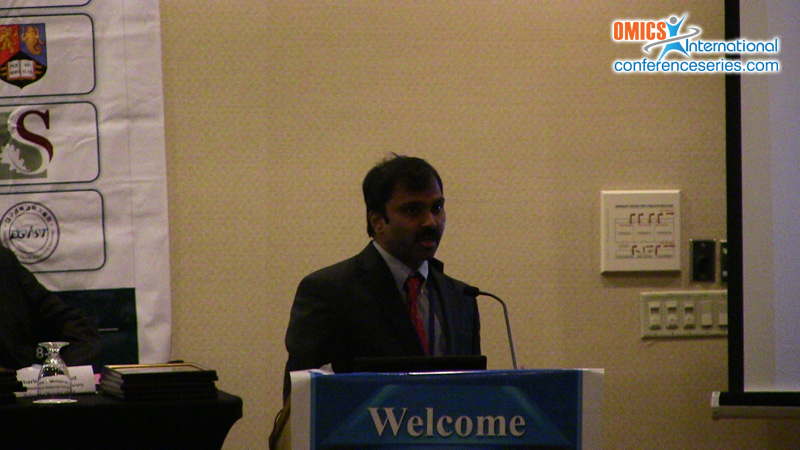
Kamalakannan Rajasekaran
Blood Research Institute, USA
Title: Defects in nuclear translocation of ERK1/2 and activation of c-Fos in ADAP deficient NK cells correlate with decreased production of pro-inflammatory cytokines
Biography
Biography: Kamalakannan Rajasekaran
Abstract
Introduction: A strategy to contain the production of pro-inflammatory cytokines without affecting the cytotoxicity of Natural Killer (NK) or T cells will pave the way for preventing deleterious side effects of cellular immunotherapy to treat tumors. Our earlier studies have defined an essential role of the Carma1-Bcl-10-Malt1 signalosome for cytokine production. Cytotoxicity of NK cells that are deficient in Carma1 or Bcl-10 was moderately reduced. Following its activation by the Src family tyrosine kinase Fyn, the adapter protein ADAP plays a critical role in organizing this signalosome. Hence, we hypothesize that loss of ADAP in NK cells will result in a significant reduction in pro-inflammatory cytokine production without affecting its cytotoxic potential. Objective: 1. Analyze the tumoricidal and pro-inflammatory cytokine production efficiency of NK cells deficient in ADAP or its upstream activator Fyn. 2. Biochemical analysis of the signaling events associated with these effectors functions. Methods: NK cells derived from wild type, Fyn-/- and Adap-/- mice were analyzed for: 1. Tumoricidal activity using tumor cells labeled with 51Cr. 2.Pro-inflammatory cytokine production following stimulation with plate-bound mAbs to activate NK cell receptors 3. Phosphorylation of signaling molecules and 4.Nuclear translocation of transcription factors using western blot Results: In the Fyn-/- NK cells, cytotoxicity was significantly reduced where as cytokine production was significantly increased compared to wild type NK cells. In the Adap-/- NK cells cytotoxicity was unaffected while cytokine production was significantly decreased. In the absence of Fyn, phosphorylation of PI (3)-K-p85α and ERK1/2, events associated with cytotoxic granule mobilization were decreased. In the Adap-/- NK cells, while the phosphorylation of PI (3)-K-p85α was unaffected, phosphorylation of ERK1/2 was increased compared to wild type. In the Adap-/- NK cells, despite an increased phosphorylation of ERK1/2, there is a defect in its nuclear translocation, which may in turn account for a reduced nuclear translocation of c-Fos. Conclusions: The role of ADAP is redundant for NK cell-mediated cytotoxicity whereas, it is essential for pro-inflammatory cytokine production. Our analysis indicates that ADAP is essential for the nuclear translocation of ERK1/2 which is important for the activation of c-Fos and the induction of pro-inflammatory cytokines. In the absence of Fyn, cytotoxicity is reduced while cytokine production is significantly increased. Significance: Regulating the production of pro-inflammatory cytokines without affecting the cytotoxicity of the effectors cells by blocking the ADAP signaling module might help prevent the deleterious side effects such as ‘Cytokine Release Syndrome’ and improve the efficacy of cellular immunotherapy.




